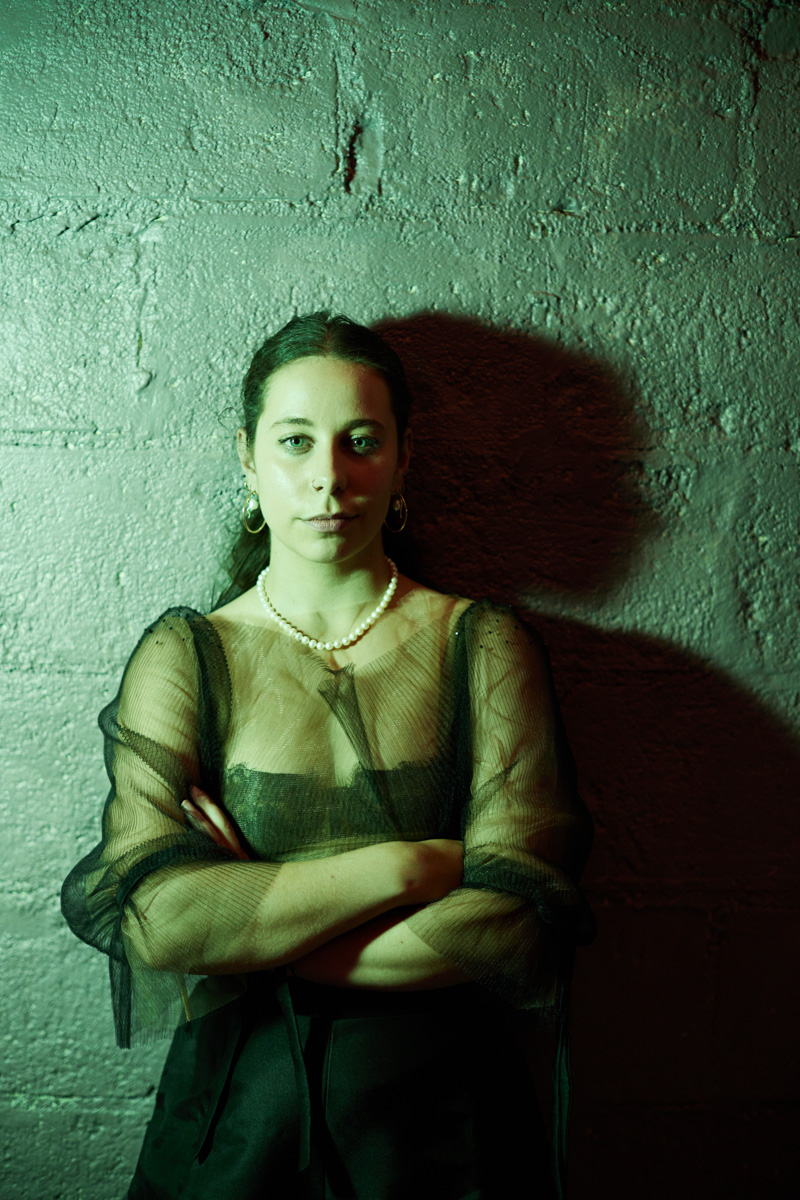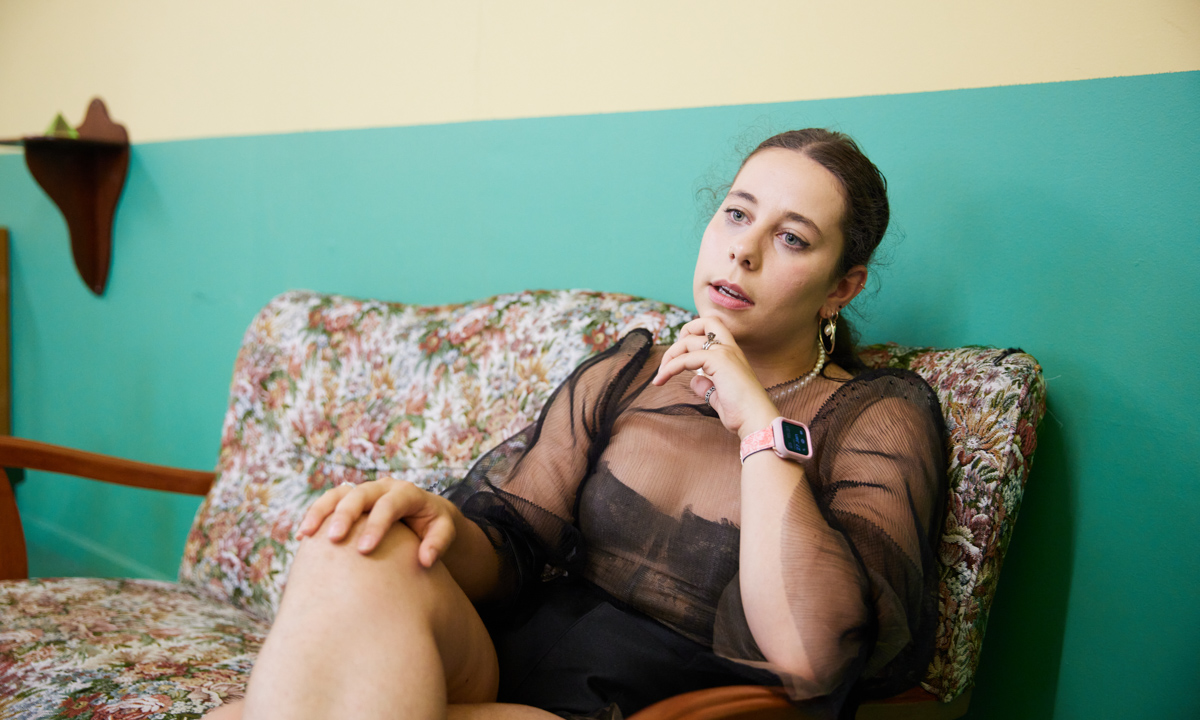In her 2022 Fringe show, 'All The Things I Couldn’t Say', theatremaker Katherine Sortini dives into our collective regrets, sourcing stories from the public – tales of conversations abandoned and messages left unsent.
Better off said
For someone who has written a Fringe show about all the things people leave unsaid, Katherine Sortini is surprisingly candid.
“I’m a first-generation immigrant to Australia, I have chronic fatigue syndrome and I’m also queer,” she tells CityMag.
“All of those things can be really difficult sometimes, not just in the arts but in the world.
“I wanted people who either felt like they were misunderstood or under-represented, and also didn’t know if there was work out there for them, to have a place to tell their story.”
Katherine started her theatre company, Deus Ex Femina, two years ago vowing to put on performances that were political, provocative and informative.
Dirty Energy, one of her first plays, tackled the unkind side of the hospitality industry and the issues surrounding it, such as wage theft and binge drinking.
Her latest production, All The Things I Couldn’t Say, is headed for this year’s Fringe Festival. The play gives audiences a peek at the lives of several characters on the brink of confessing a secret. Scenes tackle topics such as cultural identity, sexual and gender identities and having anti-vaxxers in the family.

Katherine Sortini
The play is inspired by the website The Unsent Project, an online collection of unsent text messages to first loves. Katherine, also a hospitality consultant, put a call out for messages on her website to build stories around, and received more than 100.
About 15 made the cut. Most were romantic in theme. One unsent message was a fiery resignation letter to a boss. Katherine says the show will be “tech heavy” to bring the messages to life, using projectors, live camera and recordings.
“There were a few moments in my life where I had the opportunity to be really upset about things and sit in my room and cry, or I could talk to those people,” Katherine says.
“I decided to talk, and all of my relationships have been stronger and we are more honest, and so I was really interested in this idea of what we decide to say and what we don’t decide to say.
“I remember scrolling through this website after I had this thought, and there were pages and pages of messages saying ‘I love you’ or ‘I wish you never left’, and I didn’t know the reasons but it made me want to explore why we don’t say it to those people.”
Language is a common thread in Katherine’s work. Baby, What Blessings debuted at Black Box Theatres during last year’s Fringe.
The one-person show followed Billie, a 19-year-old struggling through early adulthood and her relationship with Amal, a black man. The show tackled issues of white privilege.
While critics praised Katherine’s acting and the direction of Kidaan Zelleke, InReview questioned the positioning of the show, which is from the “viewpoint of a white character in a conversation about racism”.
“We were a bit shocked by that review,” Katherine admits. “We just went, ‘She says that in 2021 that we need new voices’. That’s great, but I’m not going to stop making art. If I continue to make art and continue to tell those stories, isn’t that better than me not?
“There’s a whole group of people suffering, and if I can put on a show about that suffering, shouldn’t I be able to contribute to the conversation?”

Katherine says she’s always been creative. As a child, she would watch Murder, She Wrote and write songs and poems. Then came Hannah Montana.
“It then became my dream to be a pop star,” she tells us. “I took singing lessons and then one day I woke up and realised I wasn’t that good of a singer. Unless I worked really hard, I just don’t have the skills to be the singer I want to be, like a Beyoncé.
“But what I was drawn to was the idea of sharing with people and entertaining people.
“So I was like, if I like sharing and I like performing, maybe I can do that instead.”
Her life on stage would wait as Katherine forged a career in one of her other loves: soccer. Playing the sport since the age of four, Katherine made the women’s state team and attended the national training camp until an injury at 19 saw her return to drama.
She successfully auditioned for Flinders University’s Drama Centre, something she credits with helping her create her theatre company, Deus Ex Femina.
“One of the things I found coming out of Drama Centre was I was cast in a few big shows, and it allowed me to get even bigger shows,” Katherine says.
“But a lot of the struggles were if you weren’t making your own work, then sometimes you’re not making any work at all.
“And so what I would really love to continue doing is giving emerging artists sometimes their first gig, or an actor interested in being a director a job as an assistant director.
“It’s just about getting people in the room.”




